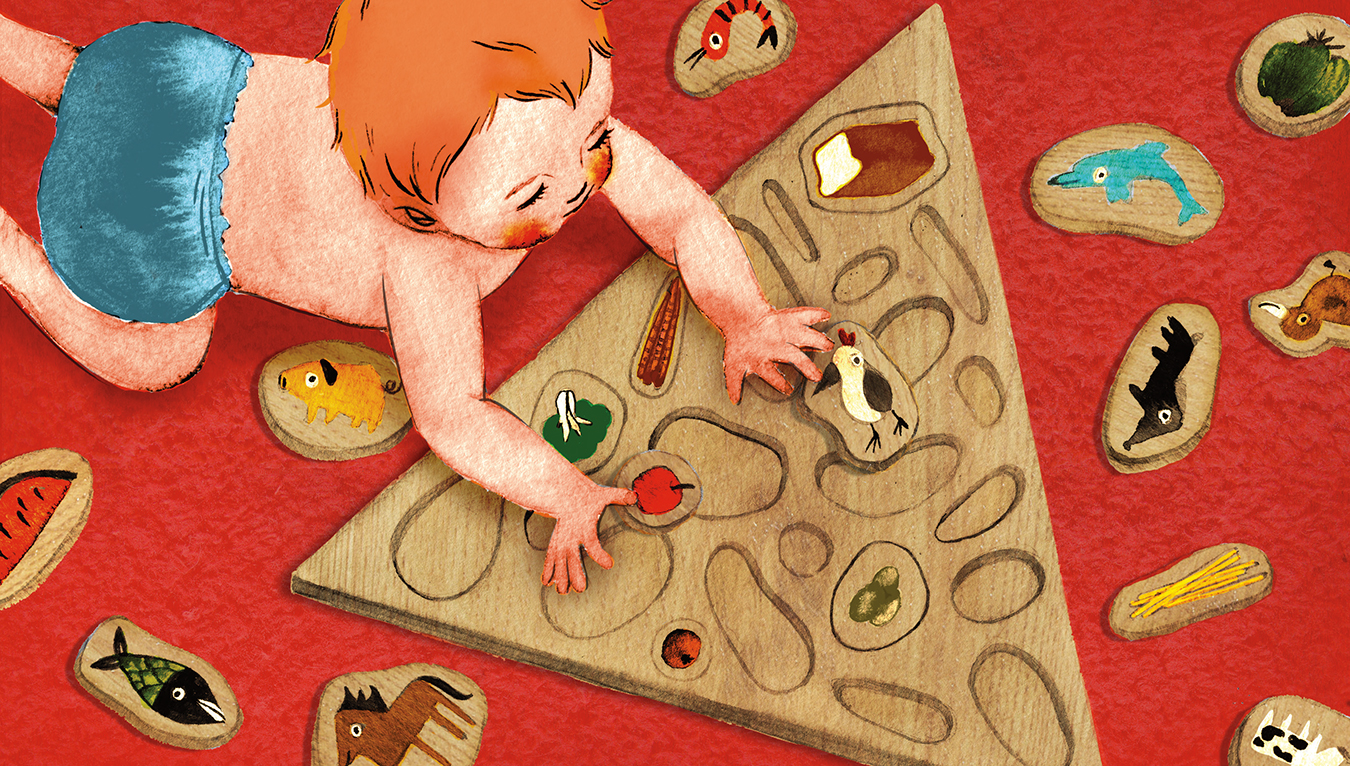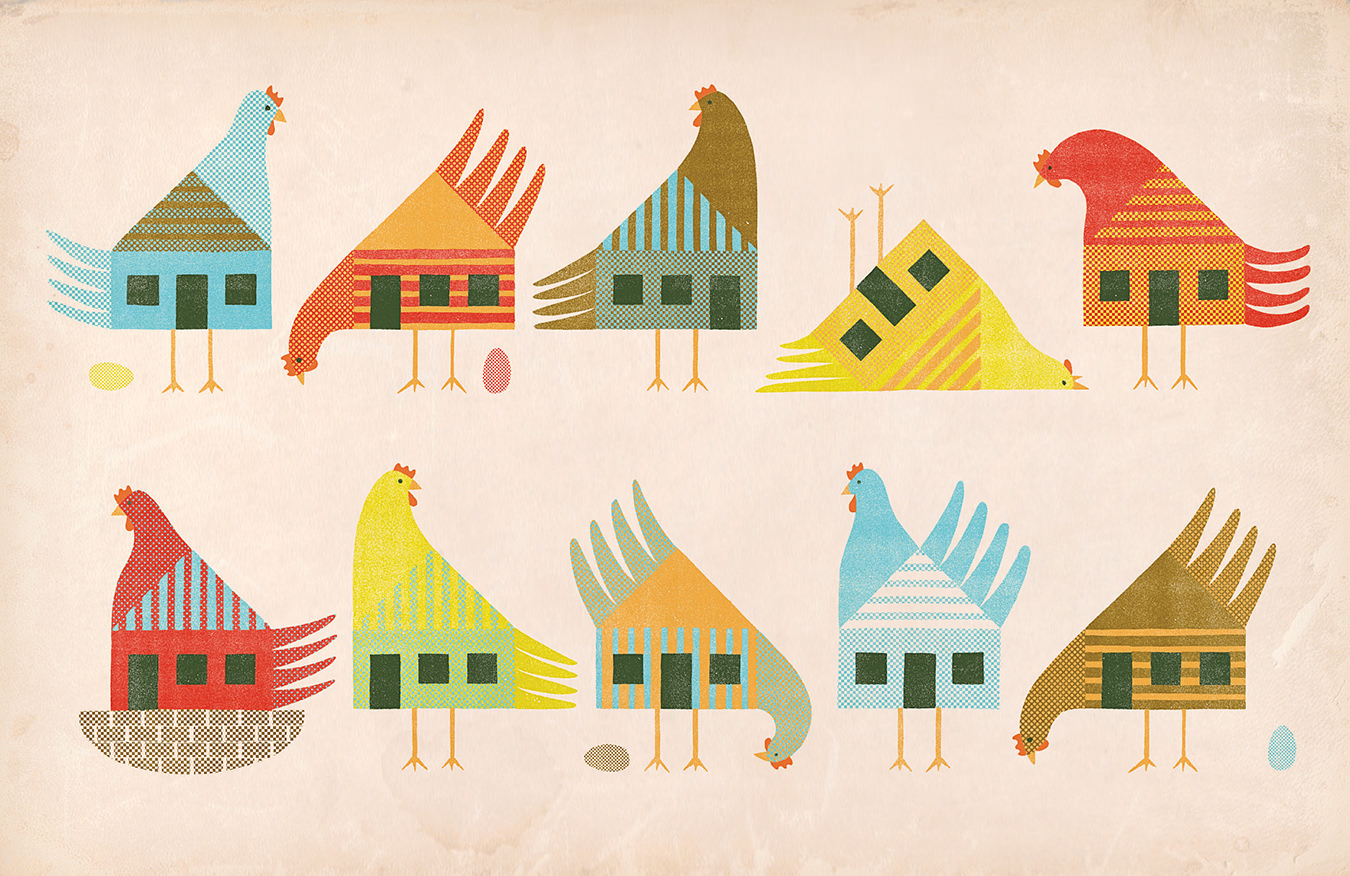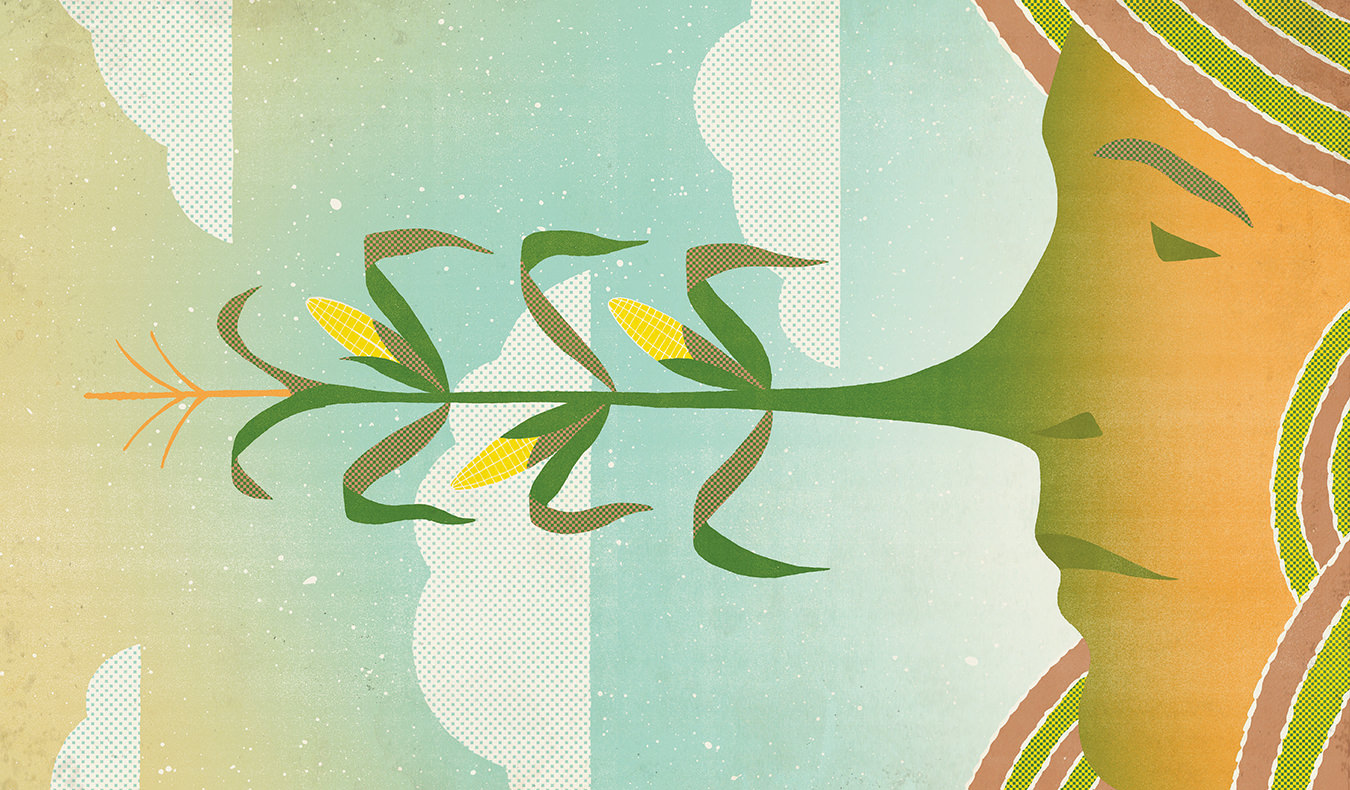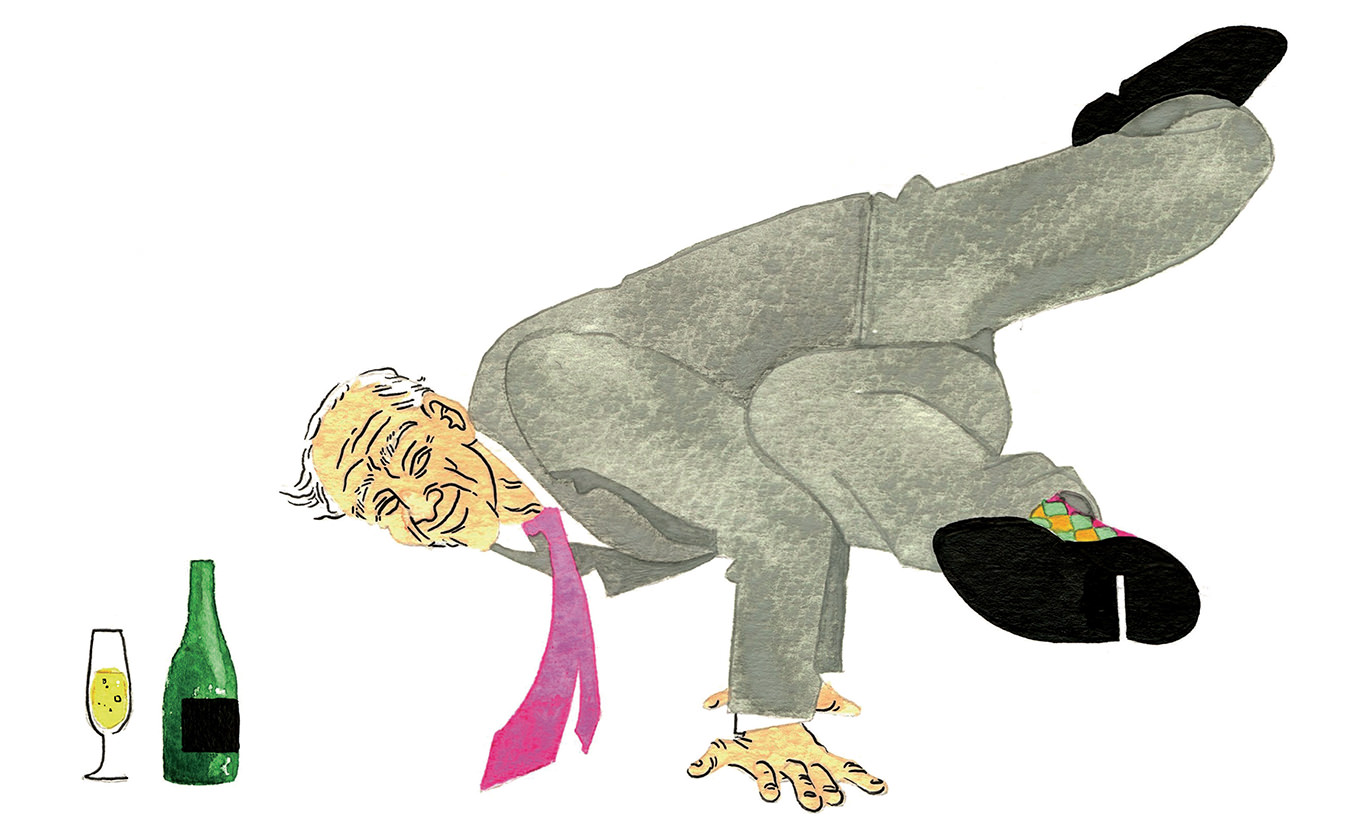The Vegetarian Debate
To eat or not to eat.

Who goes to heaven? Will Freckles the spaniel get in? How about the Goldies, our six consecutive dead goldfish? If flies get in, will it still be heaven? Where does God draw the line?
Virtually every parent must someday deal with that introduction to theological debate. And the question also has an ethical—and culinary—counterpart that adults may wrestle with: what, or whom, should we eat?
You’ve got to hand it to vegetarians. For all the purported health benefits of a meatless diet, the main bonus may be the opportunity to float above a very tough ethical debate. To wit: if you eat meat, which animals should be spared? In Western culture there is in fact fairly broad agreement on the edible canon. The problem comes when you try to justify those choices.
Most carnivores are comfortable being complicit in the deaths of billions of chickens. Few diners shed tears for a trout. Yet virtually no one you know would be willing to eat a dog. (Kill the neighbour’s at 3 a.m. perhaps, but never eat it.) Dogs and humans have forged a powerful emotional bond, and dog lovers will also tell you that it is wrong to consume creatures with such obvious intelligence.
The recent documentary The Cove detailed the slaughter of dolphins in Taiji, Japan. An activists’ call to arms, the film decried the cruel killing of animals widely believed to possess great intelligence. Most people are likely to agree that the clever, perma-smiling Flipper ought to be exempt from slaughter.
So then—is intelligence the issue? If so, try not to think about pork. Experiments have strongly suggested that pigs are smarter than any breed of dog. Pigs have been shown to be capable of holding abstract representations in their minds, a key measure of high intelligence. They can solve some problems more quickly than primates. Yet a single plant in Brandon, Manitoba, operating at peak efficiency, can slaughter an estimated 45,000 hogs every week. And although dolphins may indeed be highly intelligent animals, the scientific consensus is not as solid as you might think.
The outrage generated by the killing scenes in The Cove may represent our general separation from the killing process. Few of us watch the slaughter of any of the animals we later consume. Many a vegetarian diet has been kick-started by a trip to an abattoir.
Mandy-Rae Cruickshank, a diver who participated in the making of The Cove, was recently asked why dolphin fishing deserves to be treated differently than other types of fishing and animal husbandry. She cited mercury contamination, as well as the slaughter of entire pods of dolphins through current hunting methods. Valid points. But not the reasons why dolphin fishing excites such anger. The problem of mercury contamination is also a serious issue with tuna meat, but very few people have tuna fish tattooed on their shoulders. The whole concept of dolphin-safe tuna implies that the tuna should stay in the net and keep quiet.
Emotional identification is key to our dining habits. It can generate anger at the seal hunt and whale killing, and disgust at references to horse, cat, or dog consumption. Somehow Babe’s movie stardom failed to get him into the same club.
A few years ago, BBC News ran a story about a snake in a Tokyo zoo that was offered its daily meal: a hamster. Rather than swallow it, the snake befriended the animal. It’s a touching story, but it failed to answer an intriguing question: what did the snake eat the next day?




